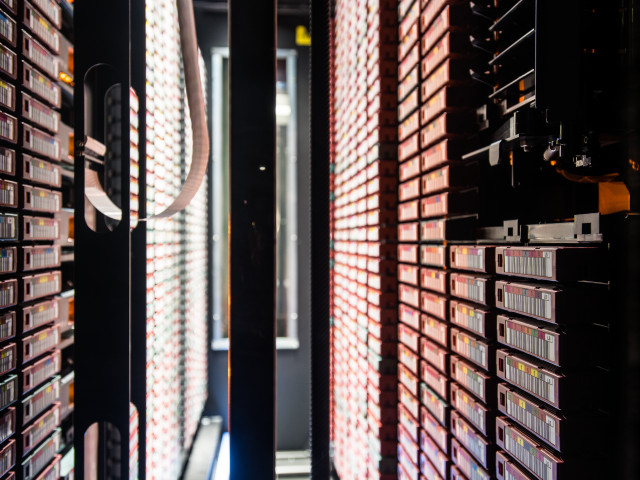Fundamental computer concepts. Programming in a modern programming language (Python). Data structures. Simple graphics. Problem solving by dividing the problem into sub-problems. Program structuring. Several small programming exercises and one larger, individual programming exercise with emphasis on structuring and specification of the modules being used.
DD1311 Programming Techniques with PBL 6.0 credits
This course has been discontinued.
Decision to discontinue this course:
No information inserted
Information per course offering
Course offerings are missing for current or upcoming semesters.
Course syllabus as PDF
Please note: all information from the Course syllabus is available on this page in an accessible format.
Course syllabus DD1311 (Spring 2010–)Content and learning outcomes
Course contents
Intended learning outcomes
The goal of the course is to give the students
- computer practice, ability to write well structured programs, and knowledge of fundamental computer concepts,
- practice in solving construction problems and in working in small groups as well as individually
so that they will
- consider computers and programming to be natural tools in the engineering work
- see the similarities between program construction and other types of construction work, and
- be able to do some programming.
Literature and preparations
Specific prerequisites
Literature
Course literature will be announced at least 4 weeks before course start at course web page.
Examination and completion
Grading scale
Examination
- LAB3 - Laboratory Work, 3.0 credits, grading scale: A, B, C, D, E, FX, F
- LAB2 - Laboratory Work, 1.5 credits, grading scale: P, F
- LAB1 - Laboratory Work, 1.5 credits, grading scale: P, F
Based on recommendation from KTH’s coordinator for disabilities, the examiner will decide how to adapt an examination for students with documented disability.
The examiner may apply another examination format when re-examining individual students.
If the course is discontinued, students may request to be examined during the following two academic years.
In this course all the regulations of the code of honor at the School of Computer science and Communication apply, see: http://www.kth.se/csc/student/hederskodex/1.17237?l=en_UK.
Other requirements for final grade
Programming assignments (LAB1, LAB2, LAB3)
Examiner
Ethical approach
- All members of a group are responsible for the group's work.
- In any assessment, every student shall honestly disclose any help received and sources used.
- In an oral assessment, every student shall be able to present and answer questions about the entire assignment and solution.
Further information
Course room in Canvas
Offered by
Main field of study
Education cycle
Supplementary information
Only one of the following courses can be counted in your degree:
DD100N, DD1310, DD1311, DD1312, DD1314, DD1315, DD1340, DD1341, DD1342, DD1343, DD1345, DN1212, HI1024, HI1026, ID1004, ID1301.